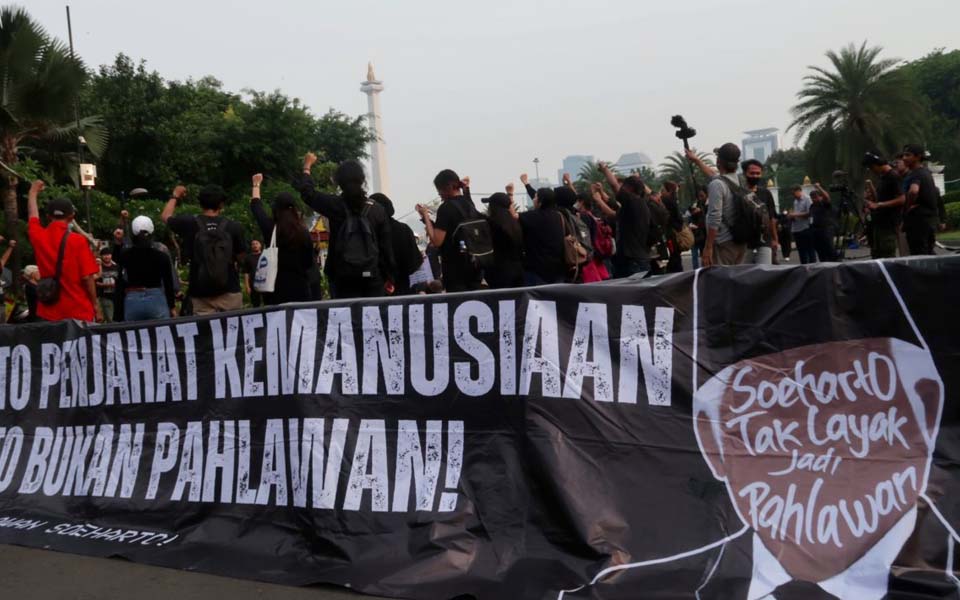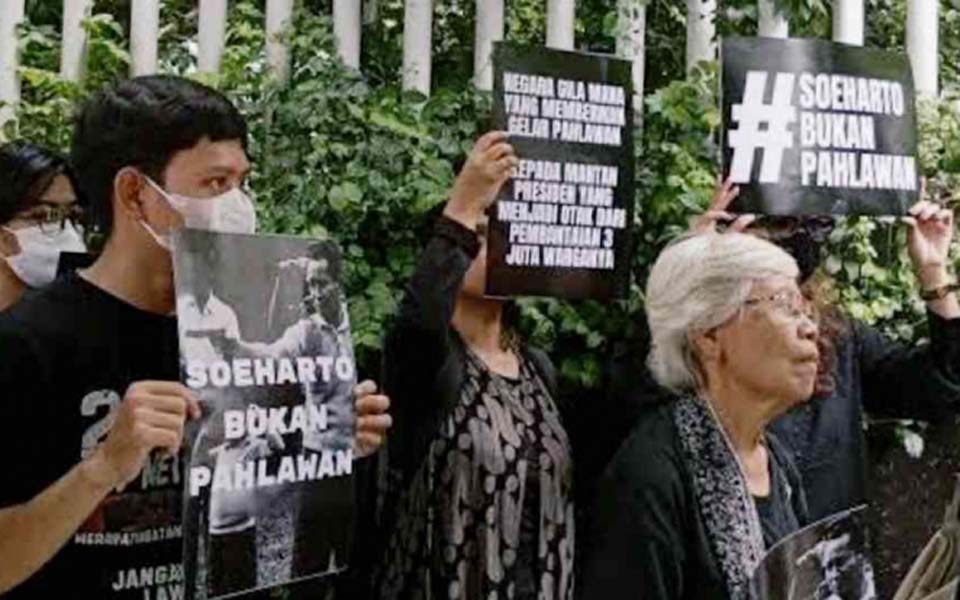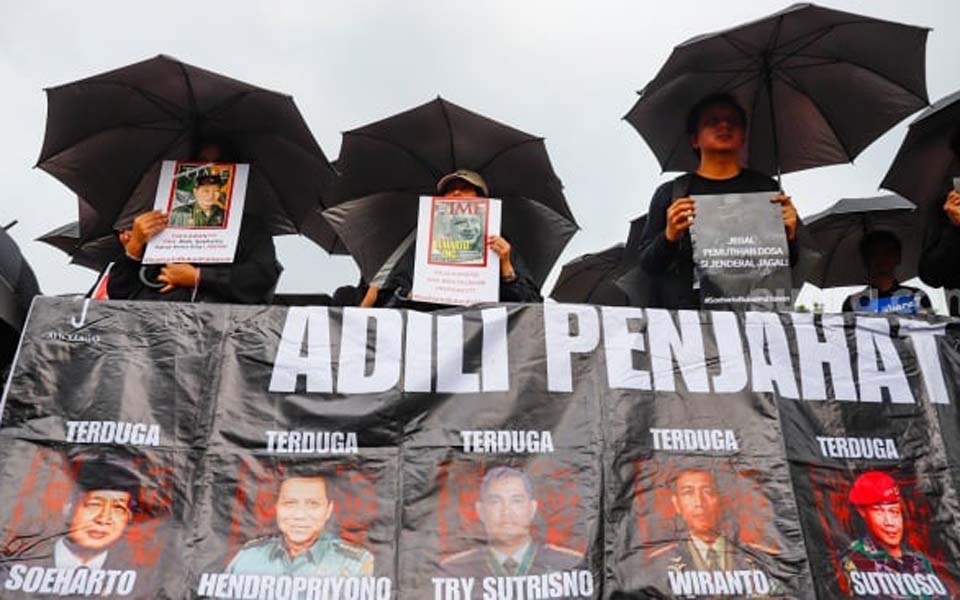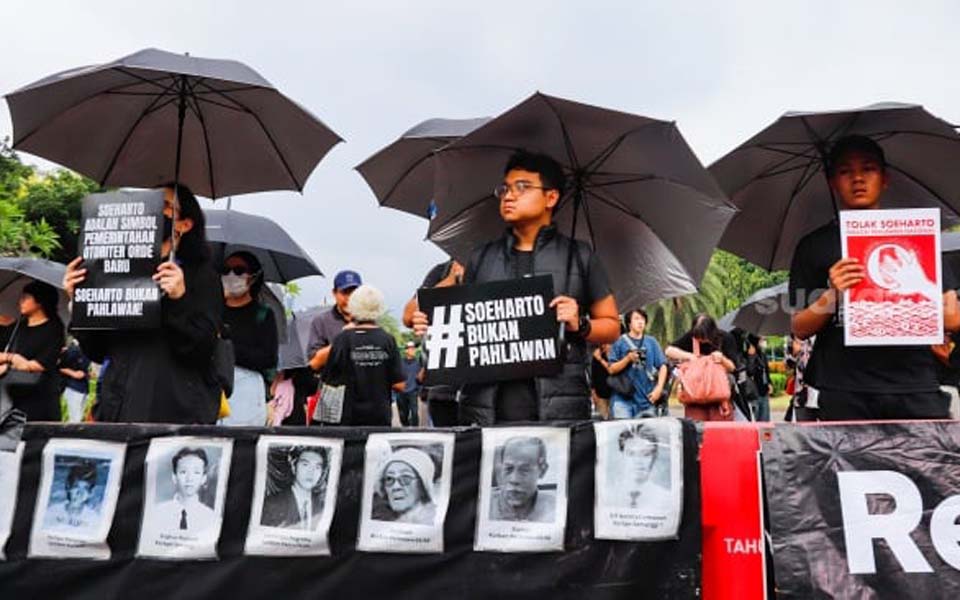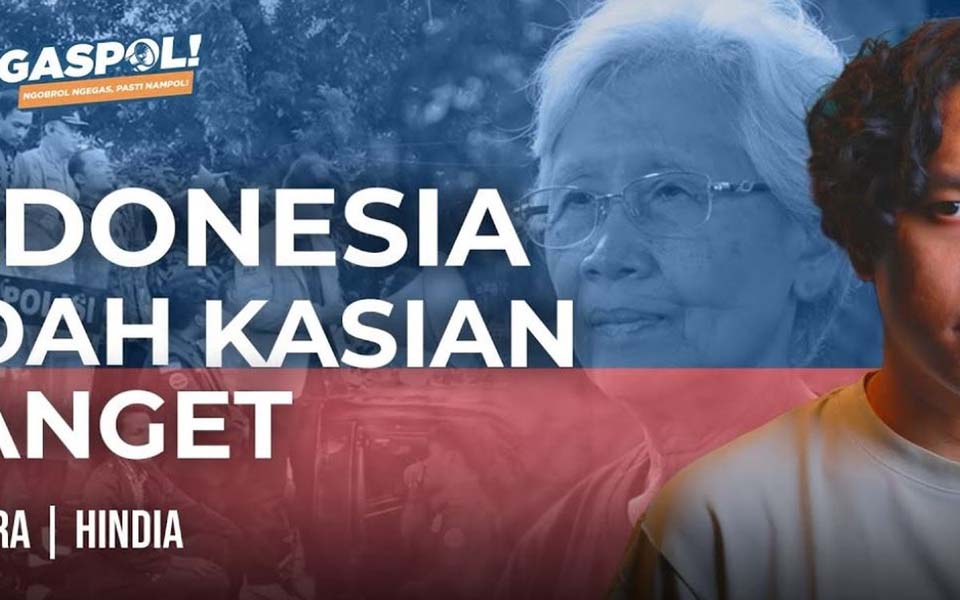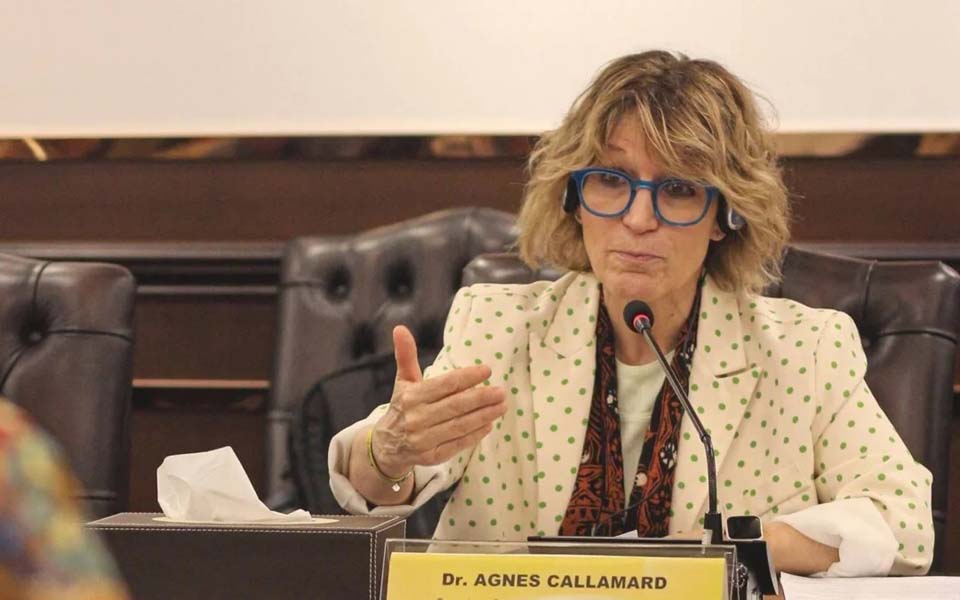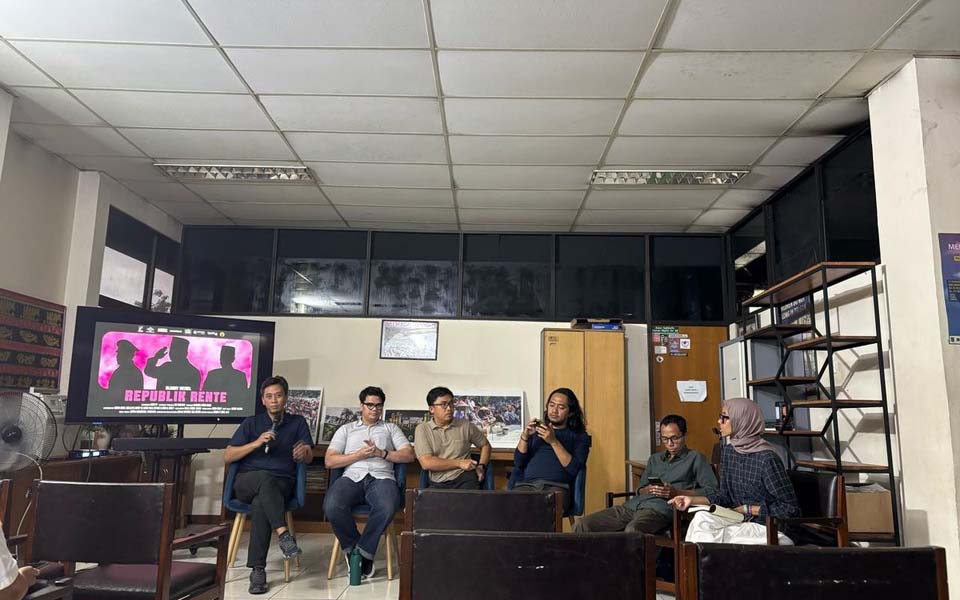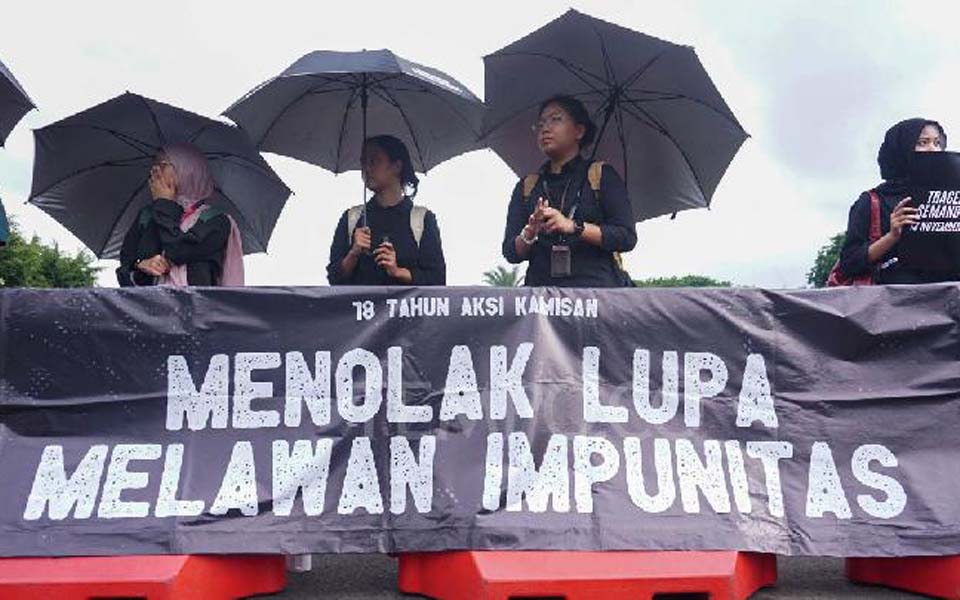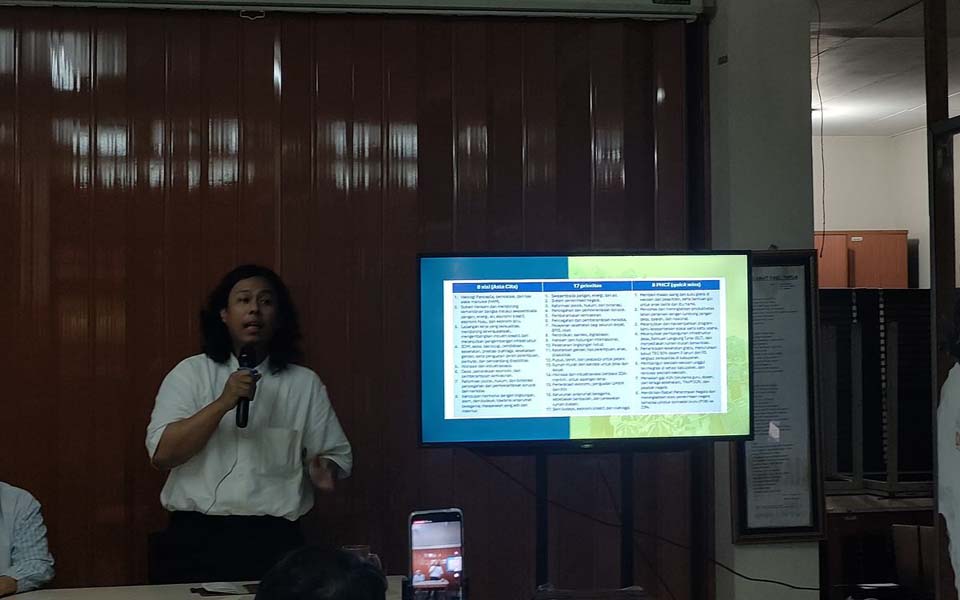Rahel Narda Chaterine, Jakarta – Amnesty International Indonesia says it is disappointed over the Indonesian government's position of opposing discussions on the Responsibility to Protect (R2P) resolution during a vote at the United Nations General Assembly on Tuesday May 18.
Amnesty International Indonesia Executive Director Usman Hamid said that this shows the government is not serious about addressing gross human rights violations.
"This attitude shows Indonesia's poor commitment to advancing and protecting human rights in the world. Yet Indonesia is a permanent member of the UN Human Rights Council", said Hamid in a press release on Thursday May 20.
Hamid is of the view that this opposition indirectly reflects the government's lack of committeemen to improving the human rights situation domestically.
He gave as an example the cases of gross human rights violations that are still taking place in Papua.
"Rejecting this resolution also reflects on Indonesia's domestic commitment which appears half-hearted in improving the human rights situation in the country itself, such as the human rights violations taking place in Papua and the handling of other cases of gross human rights violations", he said.
In addition to this, Hamid also highlighted the violence taking place in Palestine. He warned that Indonesia has a relationship with Palestine and supports an immediate end to the violence in the region.
"It needs to be remembered that Indonesia has a close relationship with Palestine, and strongly supports an end to the violence against its people by Israeli security forces", said Hamid.
The concept or the R2P initiative represents an international principle and agreement aimed at preventing genocide, war crimes, ethnic cleansing and crimes against humanity.
According a document which has been circulating, Indonesia and 14 other countries voted no to the resolution while 115 countries supported it and 28 countries chose to abstain.
The Foreign Affairs Ministry meanwhile asserts that Indonesia only rejected a proposal to establish a new annual agenda for discussing the P2P.
Foreign Affairs Ministry Director General for Multilateral Cooperation, Febrian A Ruddyard, said that Indonesia does not reject the substance of the R2P concept.
"Indeed there is a kind of uncertainty about the resolution which we voted against (rejected). So absolutely this resolution is not a substantive resolution", said Ruddyard at a press conference on Thursday May 20.
According to Ruddyard, Indonesia is of the view that the R2P produced at the World Summit Outcome in 2005 is still relevant.
Ruddyard said that Indonesia's rejection is different from other countries that rejected the resolution because they do not agree with the R2P concept.
According to Ruddyard, there were countries which rejected the R2P concept as a whole while there were countries which only rejected the discussion of the resolution but support the concept of the R2P like Indonesia.
"We think that rather than making another new (resolution) than can't be responded to properly, why not use the old one, why must we make a another new one if the old (agenda resolution) is already working", said Ruddyard.
"That is the reason that during the vote we used an explanation of vote, because if we didn't, we would be in the same basket as the people who don't like the R2P", he said.
Speaking separately, Foreign Affair Ministry spokesperson Teuku Faizasyah emphasised that Indonesia's objections were related to the establishment of a new annual agenda to discuss the R2P resolution.
Faizasyah gave a number of reasons why Indonesia rejected the resolution.
First, Indonesia believes there is no need for a new agenda because the R2P discussions at the UN General Assembly are already working and the drafting of the UN Secretary General's report has always been implemented.
Second, the Responsibility to Protect in the UN General Assembly already has an agenda, namely the Follow up to Outcomes of the Millennium Summit.
And third, the R2P concept is already clearly written in Resolution 60/1 of 2005 or the 2005 World Summit Outcome Document, paragraphs 138–139.
The R2P concept contains three pillars. First, a state’s responsibility to protect its people from genocide, war crimes, ethnic cleansing and crimes against humanity.
Second, a commitment by the international community to assist countries in pursuing this responsibility.
And third, each country which is a member of the UN is responsible for responding collectively, in a timely manner and firmly when a country fails to provide such protection.
[Translated by James Balowski. The original title of the article was "Amnesty Sayangkan Indonesia Tolak Pembahasan Resolusi Responsibility to Protect".]






